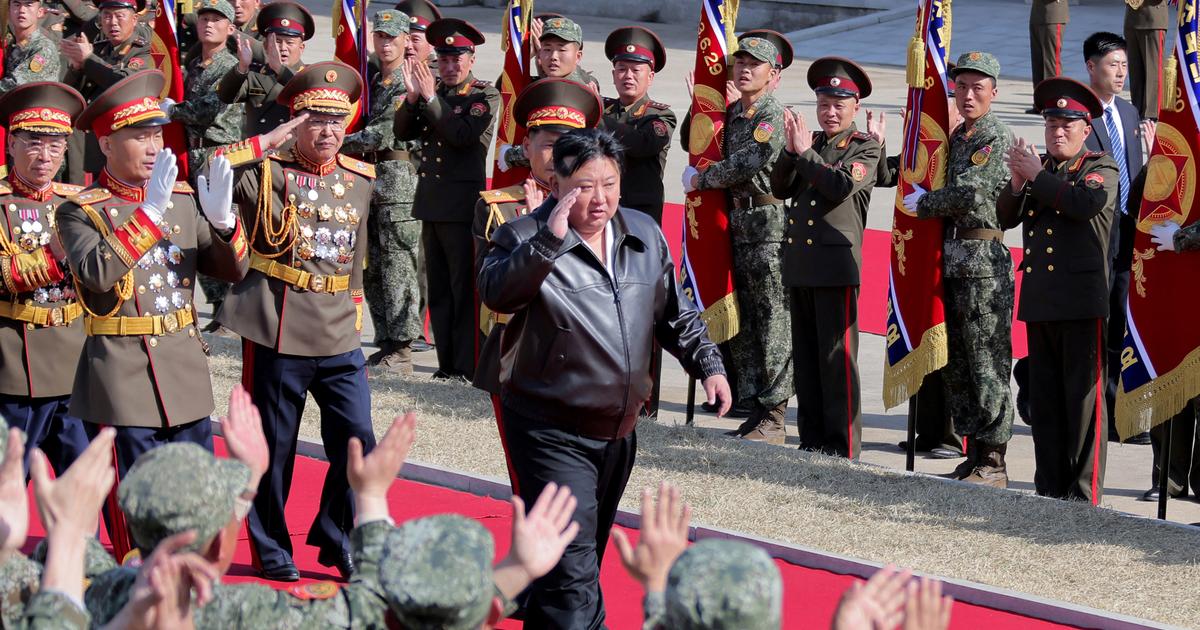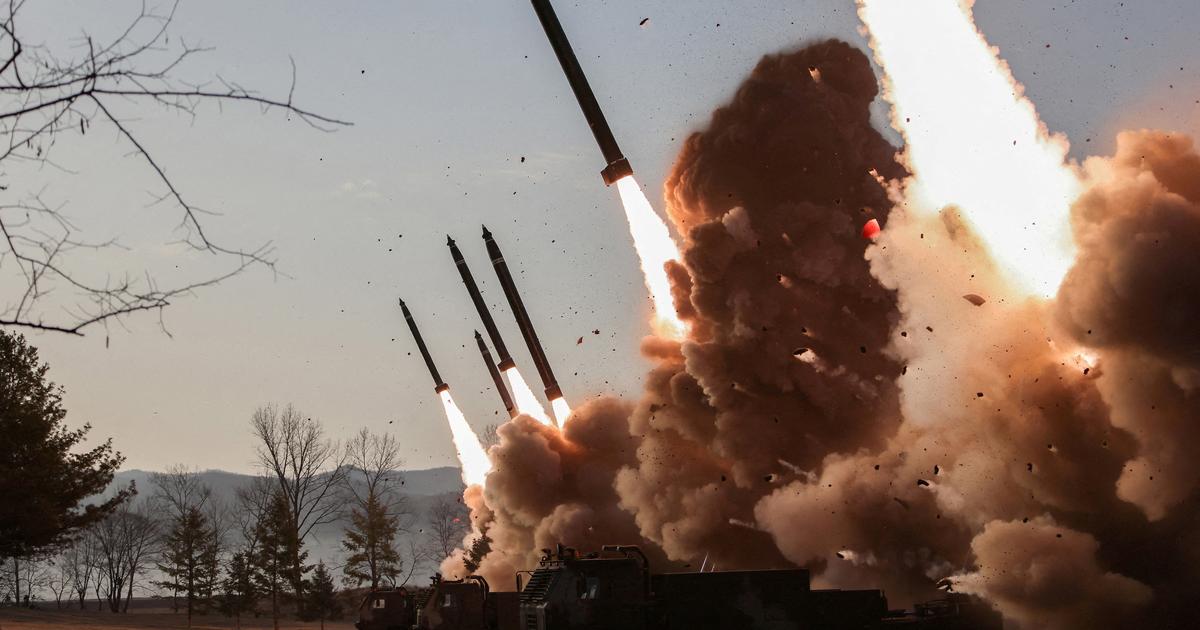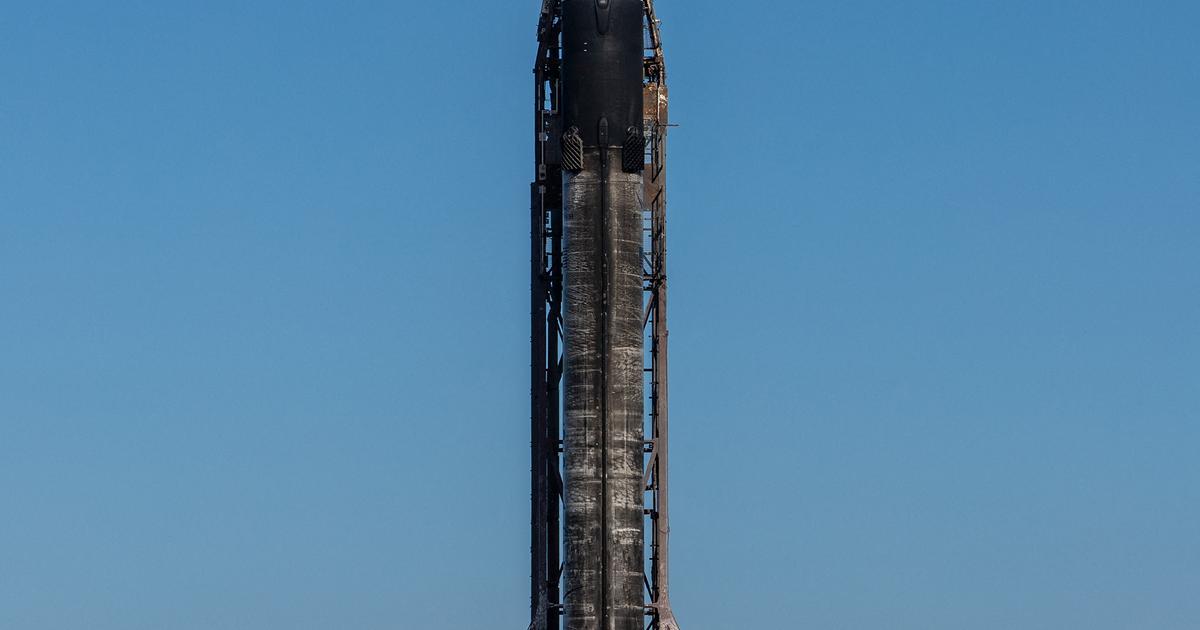Enlarge image
People carry muddy furniture from a basement apartment in Seoul's Gwanak district
Photo:
ANTHONY WALLACE / AFP
Five to seven steps usually lead down into a banjiha.
Since director Bong Joon-ho portrayed the basement apartments in the Oscar-winning film Parasite, they have become a symbol of social inequality in Seoul.
In the South Korean capital, which has grown to a metropolitan area of around 25 million people in recent decades, the poor have been pushed into the invisible corners of the city.
However, the Banjiha are not only a sign of social inequality, but also a real threat to their residents.
Flooding from the heaviest rains in 80 years killed several people in Seoul earlier this week.
Two women and a teenager were trapped by water in their flooded basement apartments in the Gwanak district.
Rescuers were powerless.
The banjiha threatened the weak in every way, Seoul Mayor Oh Se-hoon told Yonhap News Agency.
According to Yonhap, in 2020, five percent of Seoul's 200,000 apartments were in basements or basements.
Those who live there live in twilight.
Hardly any rays of sunshine penetrate the cramped and often moldy apartments – but the city's rubbish does: When the city cleaning representatives spray insecticide, poisonous mist wafts into the rooms.
When young people spit on the street, it is often in front of their own living room window.
At the bottom is where the water runs in when it rains and washes in the dirt of the others.
For many observers, the tragedy comes as no surprise.
Because heavy rains are common in summer in Seoul.
And in the past two years, the city has cut the water management budget.
City wants to ban banjiha
The authorities want to react to the tragedy by banning the banjiha.
Until the building code is revised, the 25 district offices in Seoul will no longer issue building permits for underground housing.
In the long term, the Banjiha are to be repurposed for non-residential purposes, such as warehouses or community facilities.
Owners should be granted up to 20 years for this.
The city is planning incentives such as grants for the conversions or wants to buy up the land.
Tenants from the basement apartments are to be supported in moving into public rental apartments.
It was not originally planned for people to live in the Banjiha.
The rooms were intended as an air raid shelter in the event of a possible war against North Korea.
They were often initially used as storage.
With immigration in the 1980s, more accommodation was needed in Seoul.
Since then, residential towers have eaten their way into the landscape, and more and more people are moving into basement accommodation.
Many students who can hardly afford to live in expensive Seoul also use the banjiha.
The film "Parasite" drew international attention to the living conditions in the basement apartments.
It shows a family living in one of the basement apartments, also struggling with rain-induced flooding.
hba/kgp











/cloudfront-eu-central-1.images.arcpublishing.com/prisa/S7ERVSCT4FUVX6R7TUVBDNTH5Y.jpg)



